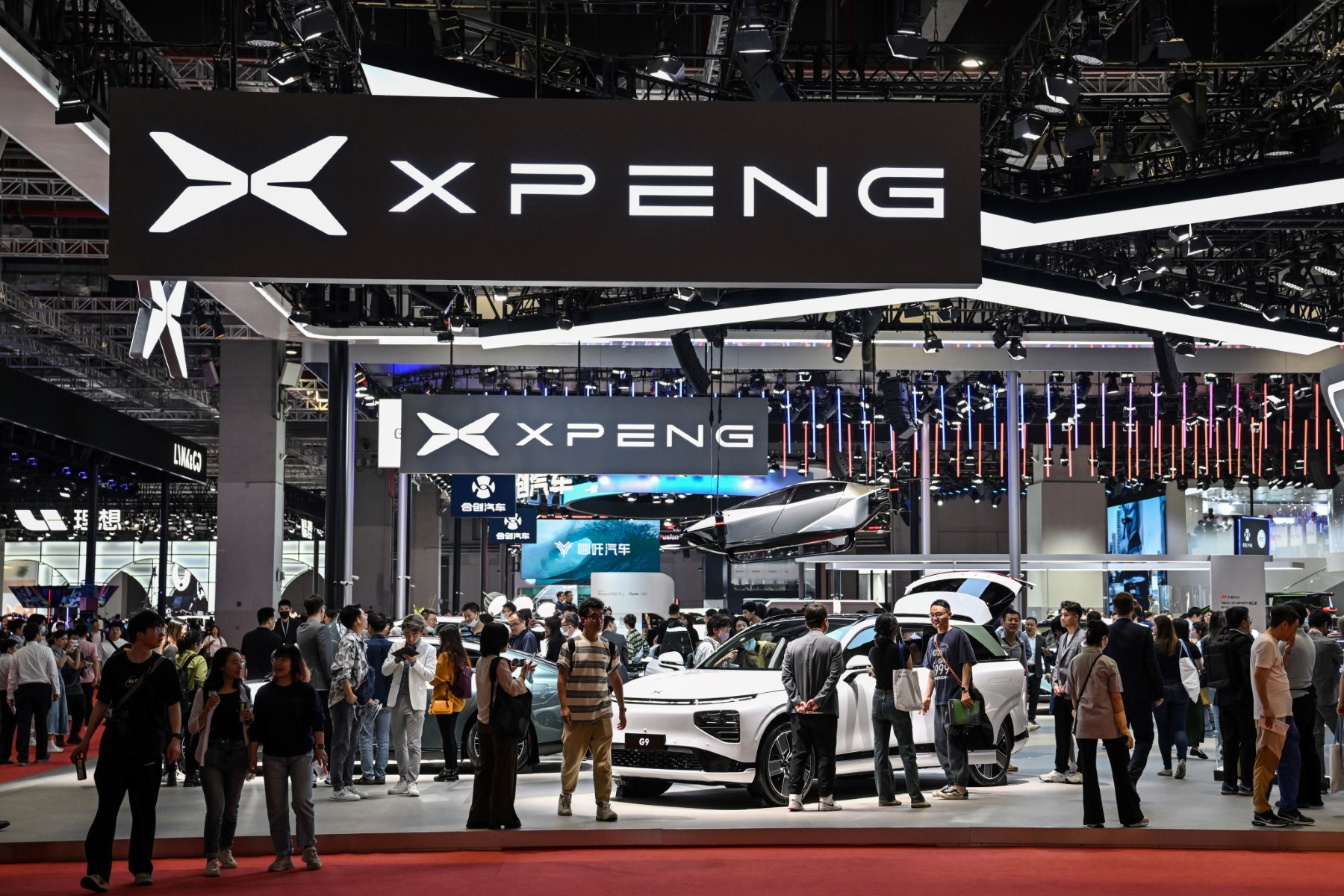Beijing, China– Chinese electric car giant XPeng said Monday it would buy the EV subsidiary of ride-hailing platform Didi for more than $740 million and launch a new brand of vehicles.
Founded in the southern province of Guangdong in 2015, XPeng is one of dozens of Chinese startups to emerge in recent years to take advantage of the boom in electric vehicles in the world’s largest auto market.
Didi is China’s leading car-hailing app but also operates a subsidiary designing electric vehicles.
In a filing to the Hong Kong Stock Exchange — where XPeng is listed — the car giant said it had reached a deal with Didi to buy that subsidiary for $744 million.
XPeng will also partner with Didi to launch a new brand of electric vehicles next year.
Markets welcomed the deal, which allows the Chinese manufacturer to eliminate a potential competitor and gain access to its advanced technology. XPeng shares gained almost 13 percent Monday morning.
The brand — which also markets some of its products in Europe — employs around 14,400 people and has offices in Silicon Valley and Amsterdam.
XPeng sold 41,435 vehicles in the first half of 2023, down 40 percent year on year, according to results published this month.
China, the world’s largest emitter of greenhouse gases, is aiming for the majority of car sales to be electric and hybrid by 2035.
Generous purchase subsidies have fuelled a boom in EVs in recent years, driven by firms such as BYD, Nio, XPeng and others.







